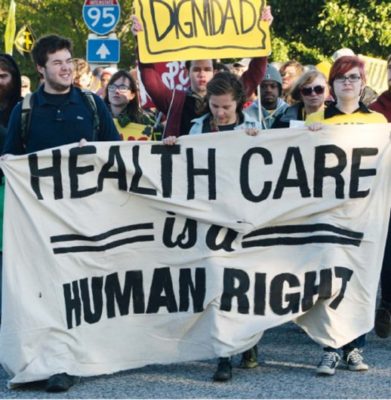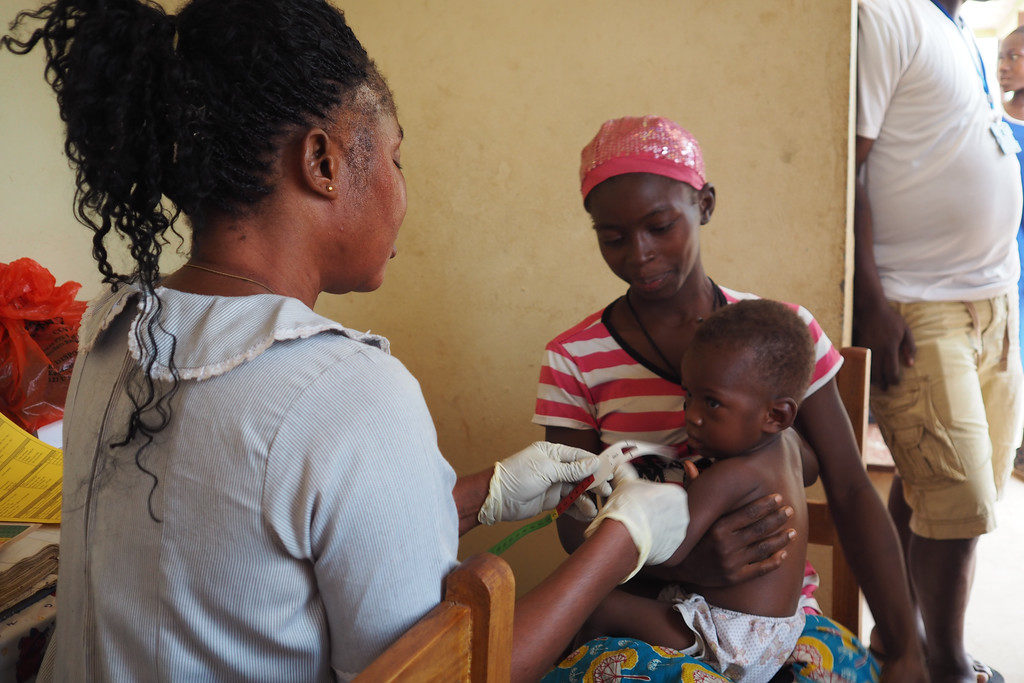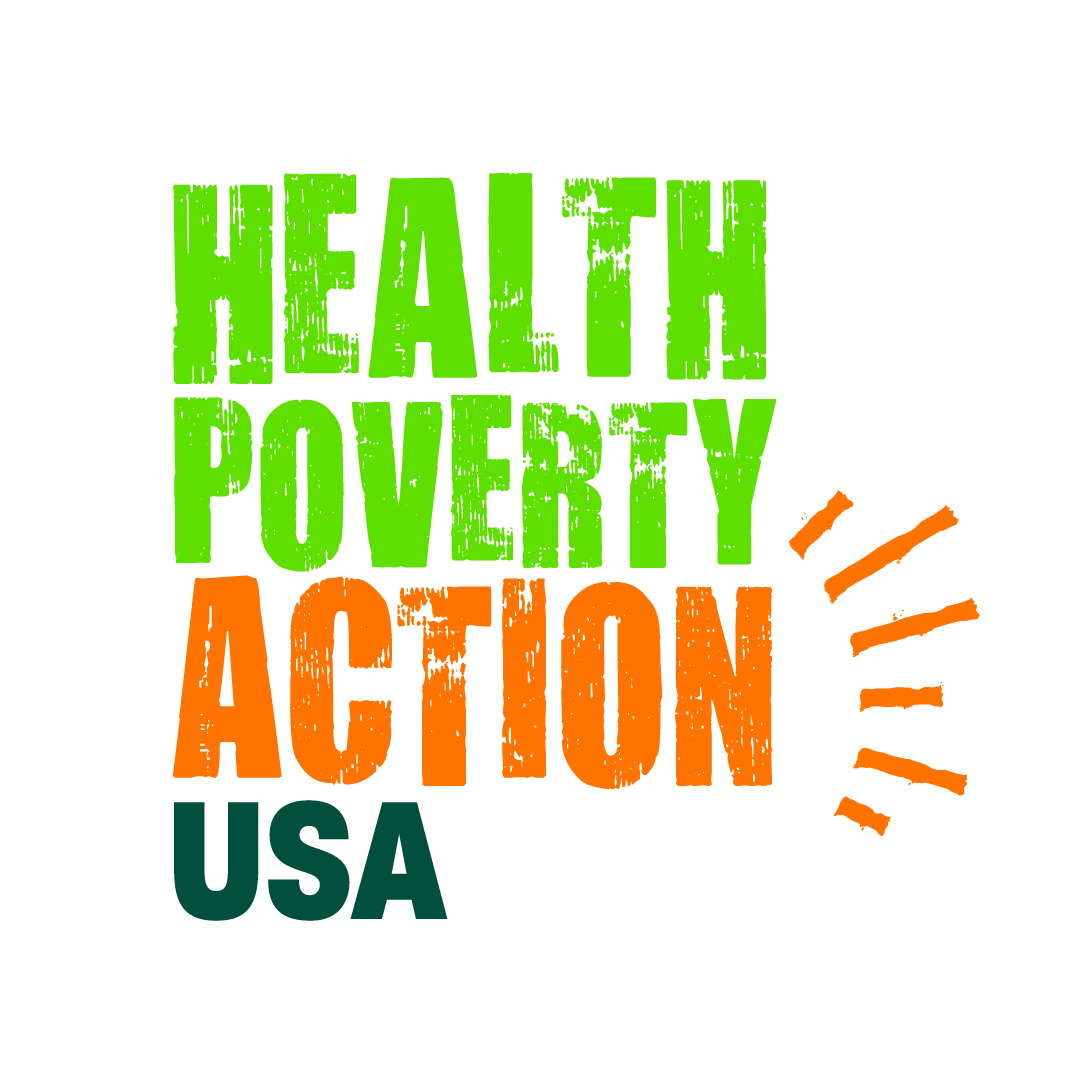Inequality: the underlying health condition driving the Coronavirus pandemic
On by Sarah Cowen-Rivers
Inequality in the time of Coronavirus

As the global COVID-19 pandemic takes hold across the globe, one truth has applied the world over: the coronavirus is taking the greatest toll on the poorest and most marginalised. In the West, those on the lowest earnings face the greatest job losses. Lockdowns are trapping women in situations of domestic abuse, fuelling a rise in incidents. As US Congresswoman Alexandria Ocasio-Cortez has pointed out, when it comes to COVID-19, the wealth gap is an underlying health condition. Inequality itself is a co-morbidity.
Countries in the global South are at the sharpest end of global inequality. Many countries are facing the current pandemic with weak and chronically underfunded health systems, millions of people in poverty, and little to nothing by way of social safety nets like unemployment, poverty or disability benefits. In these circumstances, the toll the virus could take is unthinkable.
A country like Malawi has just seven ventilators for 18 million people, while public health facilities without enough medicines, beds or health workers are the norm. Social distancing measures will be impossible to enforce in the overcrowded slums of Nairobi, Lagos or Mumbai. In Africa, more than 8 out of 10 people work informally, with few rights and protections when work fails. For people for whom not earning daily wages means hunger, sustained lockdowns could mean life or death, even without contracting the virus.

Some responsibility for this falls on our doorstep. Northern governments, companies and institutions have driven the way the world is shaped today. That in so many countries people pay healthcare fees is a killer legacy of the former policies of the International Monetary Fund (IMF) and World Bank. Despite no longer supporting paying upfront for healthcare, these and other donors like the UK continue to push the privatisation of health services in some of the world’s poorest countries. Health Poverty Action has found that governments are enabling the diversion of over $1 trillion worth of resources to private companies each year through subsidies, tax breaks, and tax dodging. This is enough to triple the money spent on healthcare for half the world’s population or give a social safety net for 700 million people in lower-income countries – both desperately needed interventions in the context of COVID-19.
There is hope that these global power imbalances might yet be addressed. Faced with the coronavirus pandemic, governments around the world are taking measures we have always been told are unimaginable – like bringing private healthcare into public hands so treatment can be delivered to all, not just to those who can afford to pay.
Today on World Health Day, we face a global health threat on an unprecedented scale. This demands global solidarity, and all countries supporting each other in their hour of need. But it also demands both urgent and long-term action to change the way our world is structured. To tackle the coronavirus pandemic, we must also tackle global inequality.

